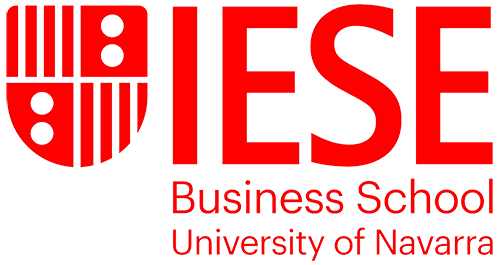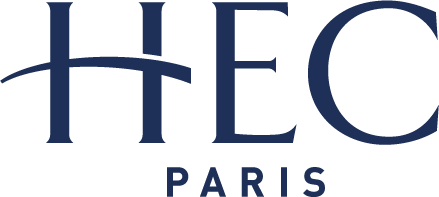Build the EuroTeQ Campus
Table of Contents
I. Course Catalogue
The EuroTeQ European University alliance is running a course catalogue in which we share educational offers for our students. The course catalogue is intended to provide a large contribution towards reaching the 2030 mobility goal of 50% of graduates with mobility experience within the alliance.
Over a period of 4 semesters, the EuroTeQ course catalogue has been run manually. This was the case because each system is unique in its way of working and not compatible with the other systems used by the partners. This manual activity puts additional workload on local support staff and limits participation.
To make further scale-up possible, we have been working on the automation of this course catalogue.
After almost 3 years of work, we have launched the finished product in its initial phase : an automated display of the available courses. ‘Automated’ means that the course information in the catalogue is no longer entered manually, but instead is sourced directly from the IT systems of the participating institutions. To achieve this, EuroTeQ is making use of the Open Education API protocol and the eduXchange technology developed by SURF, the IT umbrella organisation of Dutch higher education institutions and EWUU, a Dutch university alliance.
The achievement of live communication between the IT systems of the partners is a major step toward making seamless mobility in a joint campus a reality. The second and third steps are enrollment and grade transfer.
We have celebrated this achievement with a large internal and external audience in Brussels.
In the last edition of the current EuroTeQ project run (winter semester 2023), the new automated course catalogue will be in action. You can check it out at https://euroteq.eurotech-universities.eu/initiatives/building-a-european-campus/course-catalogue/
II. Open Educational Resources for a Versatile Educational Landscape
The European Commission definition of open education is: ‘a way of carrying out education, often using digital technologies. Its aim is to expand access and participation to everyone by eliminating barriers and making learning accessible, abundant, and customizable for all’ (Opening up Education: A Support Framework for Higher Education Institutions, 2016). OERs can consist of full courses, course materials, modules, textbooks, videos, tests, software and any other tools, materials or techniques used to support access to knowledge.
This OER platform, including the six themes selected below, is based on best practices deduced from a holistic condensation of the work of EuroTeQ teachers and EuroTeQ Learning Lab educational developers over the course of the 3-year pilot phase of the project. It includes results from questionnaires, interviews and the 18 teaching formats presented in the EuroTeQ Learning Lab report developed with aid from the EuroTeQ Teaching Seed Fund. It also draws on the daily work of teacher supporters, including information about the tools and activities used outside the EuroTeQ universities collected through contacts with different collaboration networks, participating HE conferences and workshops, reading HE research articles, etc.
In this manner, we aim to contribute to a versatile educational landscape by making the condensed best practices freely accessible for inspiration for future EuroTeQ teachers as well as the wider Higher Education community, thus promoting Open Education for broad target groups.
Further to these, you are welcome to browse the 18 teaching formats presented in more detail here.
You can also be inspired by the Guidelines for Teachers Padlet developed by the EuroTeQ Learning Lab and/or check out the inventory developed through questionnaires with teachers and research amongst third party stakeholders.







